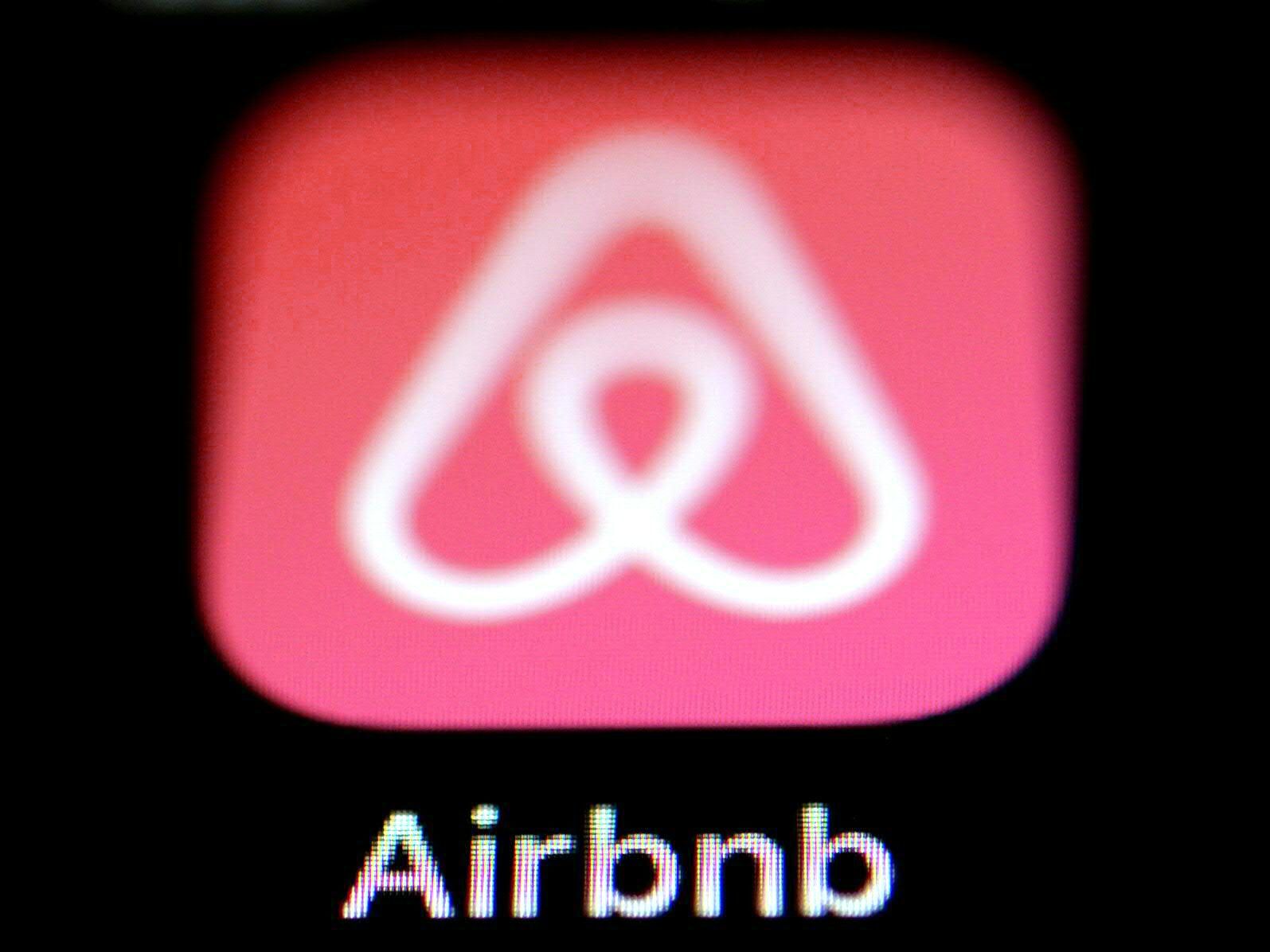Viennese Initiative Complains About Barriers for Airbnb & Co.

This year, stricter rules for short-term rentals were introduced in Vienna. Now it is only allowed for a maximum of 90 days per year. Anything beyond that requires a permit. In the past, only areas designated as residential were limited. Now the restrictions also apply to properties outside these areas. The rationale for the new regulation in Vienna is to prevent apartments from permanently disappearing from the market.
Viennese Initiative Against Barriers for Airbnb & Co.
The Viennese Apartment Rental Initiative, a coalition of around 50 Viennese people, not only fears that the existence of landlords is at risk and doubts that the desired effect will be achieved. Now they also see negative impacts on tourism, as emphasized in a statement submitted to the APA.
They argue that a third of all overnight stays - specifically around 5.8 million out of 17.3 million - were generated by this segment last year. Thus, about a third of the volume is based on this type of short-term rentals. The official Viennese figures, however, do not reflect this, the initiative points out. Vienna Tourism, for example, reported only 3.2 million overnight stays in "other accommodations".
Figures from Eurostat, however, show how relevant short-term rentals are for Vienna, the landlords emphasized. According to this, in 2023 a total of 5,783,462 overnight stays away from hotels and guesthouses in Vienna were booked via the major online platforms Airbnb, Booking.com, Tripadvisor and Expedia. The difference shows that short-term rentals play a central role in the city's tourism and are even more significant than previously assumed, they assure.
Airbnb & Co. Provide Eurostat Figures
In 2022, the difference according to the initiative was around 2 million overnight stays. "The again increased current figures make it clear that this area is underrepresented in the official statistics and there is an urgent need for an update and inclusion of these data in order to make realistic and fair decisions," they demand.
The figures published by Eurostat would be based on the fact that large platforms regularly provide booking data. The statistics are confident and would offer a better picture than traditional survey methods. Bookings via smaller platforms or direct rentals are not included at all, which suggests that the actual extent of short-term rentals in Vienna could even be larger, it is suspected.
The Vienna Apartment Rental Initiative is now advocating for the city to engage in dialogue with the affected landlords - and to develop an "appropriate regulation" based on the new figures. Because currently, those who comply with all legal requirements and properly pay their taxes and duties are particularly restricted, and not those who carry out informal rentals, it was said.
Vienna Initiative Calls for "Fair" Regulation
"We support a regulation that is sensible and fair," assured Günther Hegenbart, one of the spokesmen for the initiative: "But the current regulation leads to landlords and thus Viennese small businesses being punished, while opaque rentals continue to take place every day." The aim is to find a solution together that takes into account both the economic and tourism factors.
We are ready to work constructively with politicians and the responsible authorities. What is needed is a balanced regulation that gives landlords room for manoeuvre and at the same time ensures that black sheep are pushed out of the market.
According to their own statements, the members of the initiative are not "large landlords", but mostly private individuals who are largely dependent on this income and whose livelihood would be destroyed by the new regulations, as they assure. All this, they added, is happening while more new hotels and hotel beds are being planned in Vienna than apartments are being offered for over 90 days in total.
(APA/red)
This article has been automatically translated, read the original article here.





